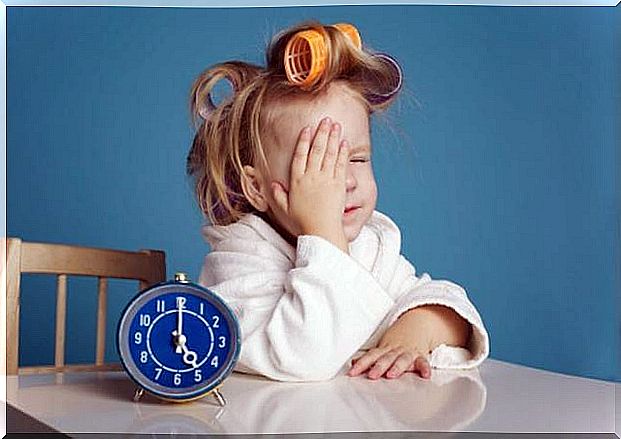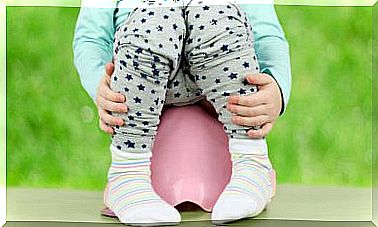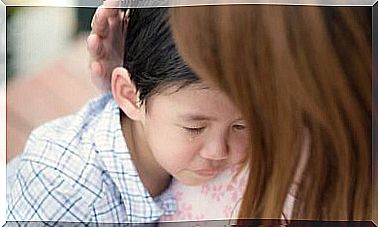The Importance Of Baby Routines
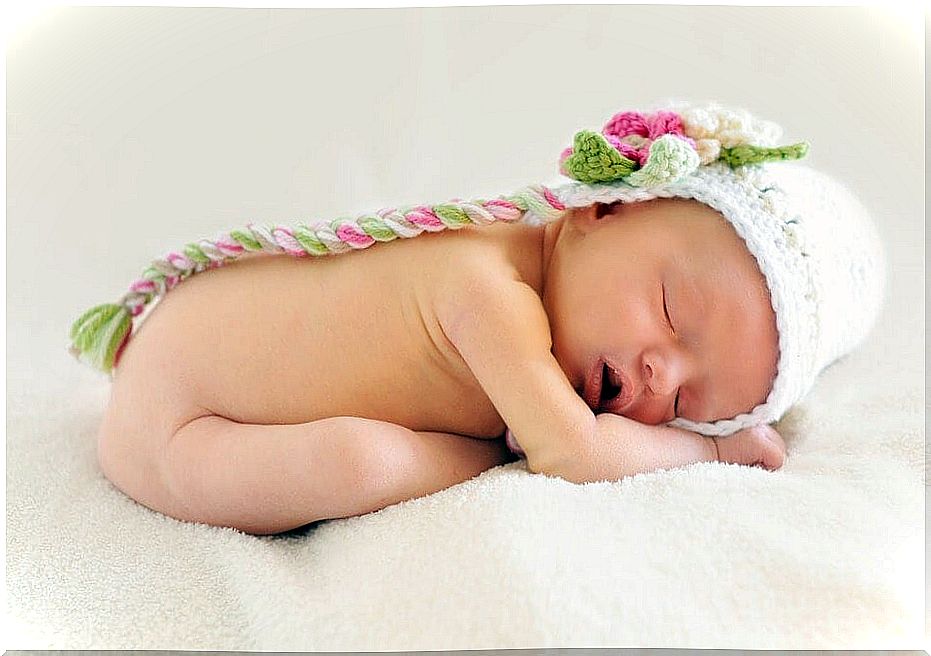
Children need to thrive in a calm, appropriate, and predictable environment. Hence, both the habits and routines of the baby are essential for our children to have a stable life in which they can be educated correctly.
That is why today we tell you why both the habits and the routines of the baby are basic throughout the first years of their development, especially in the phase that goes from 0 to 6 years. Thus, both repetitive habits and the establishment of schedules contribute and are of great help in the emotional balance of our child. It is a vital educational mechanism that allows to form stable and proactive personalities in children.
What are routines and habits in relation to the child
We can set the infant’s or toddler’s routines as personal customs that are inflexibly established for convenience. That is, acts such as hanging the coat when arriving home or removing the plate from the table fall within this section.
On the other hand, habits are also important in this regard. In this case we refer to customs or attitudes that lead to behaviors and behavior patterns that end in learning. Brush your teeth, for example.
Both the habits and the routines of the baby or child are vital to establish an environment of daily safety that allow the child to mechanically acquire behaviors of constancy and regularity, hence its importance both at school and at the family level.
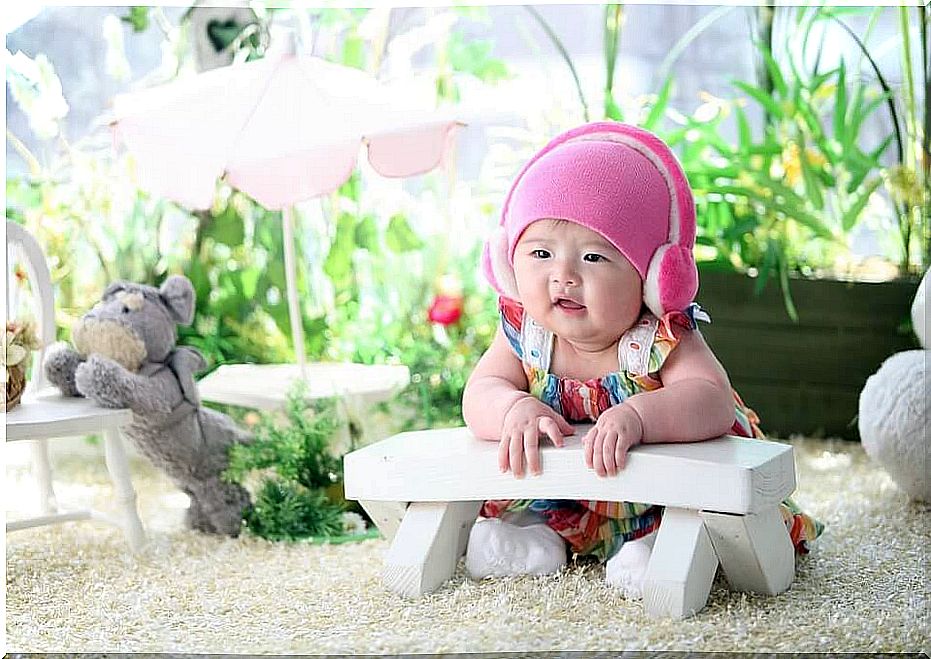
Why are baby’s habits and routines so important?
Once we know what the habits and routines related to the baby are, we have to establish the benefits for our children. A good use of these will depend both the well-being and the correct development of the child:
- As we have already said, the stability of our children depends on creating an environment in which they feel safe. Since children up to 6 or 7 years old do not control time and space well, creating a quiet and routine environment helps them feel more loved and adapted.
- The little ones have no control over time. You may have heard two or three-year-olds talk about an excursion they took over the weekend, even though the trip actually occurred two months earlier. Thus, stable routines and schedules help the young person feel comfortable. Every day their life repeats itself, making it safer for their developing psyche and they gradually internalize healthy habits and temporary control.
- The predictable world is much safer for the child. Hence, routines and habits help you create schedules and rituals that help you in your internal scheme to feel that your environment is not changing. This causes them uneasiness and unnecessary fear.
- As a mother, you want the best education for your child. That is why the importance of hygiene and eating routines and habits. The child gradually internalizes the need and habit of showering, brushing teeth, eating, dining, bedtime, etc. All of this creates an excellent and predictable world for our children to develop properly in a safe environment.
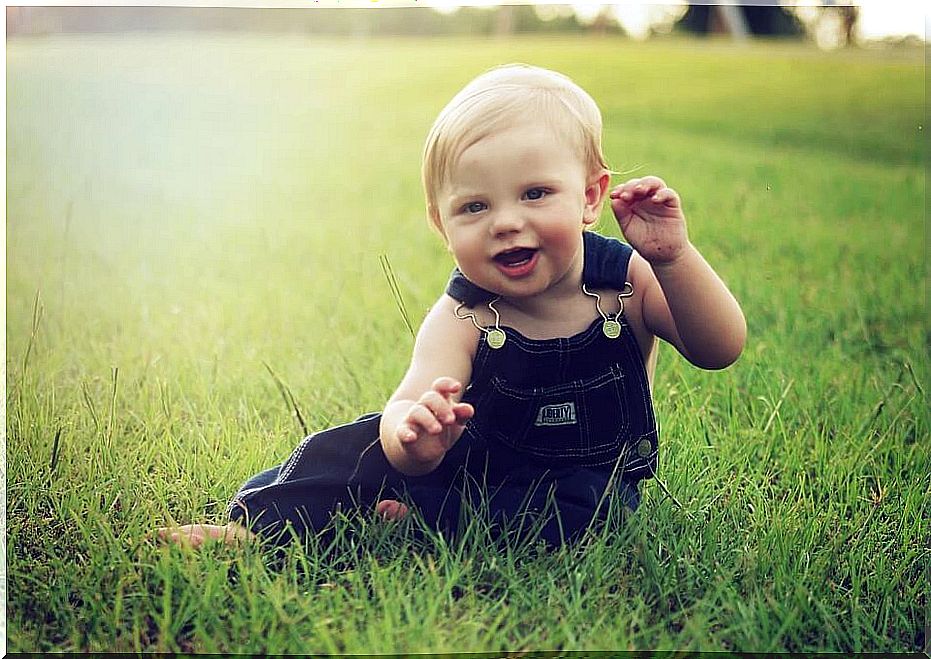
Can I skip the baby routine?
Of course, just because your child has a routine and safe life does not mean that this must be absolute. If you want to have a family getaway one weekend, there will be no problem. However, it is positive that this does not become a habit.
That is, your child must have a safe life every day. Go to school, eat, sleep … All of it full of details and nuances that you have to take into account. But you should not have the habit of marching from one place to another every weekend or being in constant motion at all hours with changes every two to three.
Remember that the lack of habits and routines creates bad habits, a less adequate development in the child and the creation of a less safe and predictable world for him, so evolution and his fears can take on an excess of prominence.
